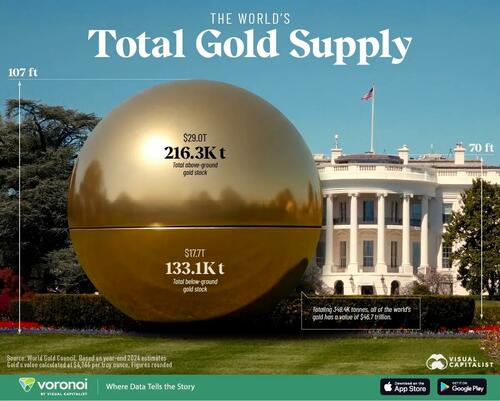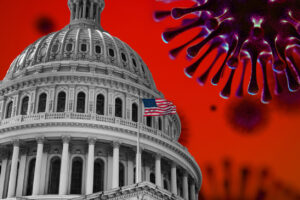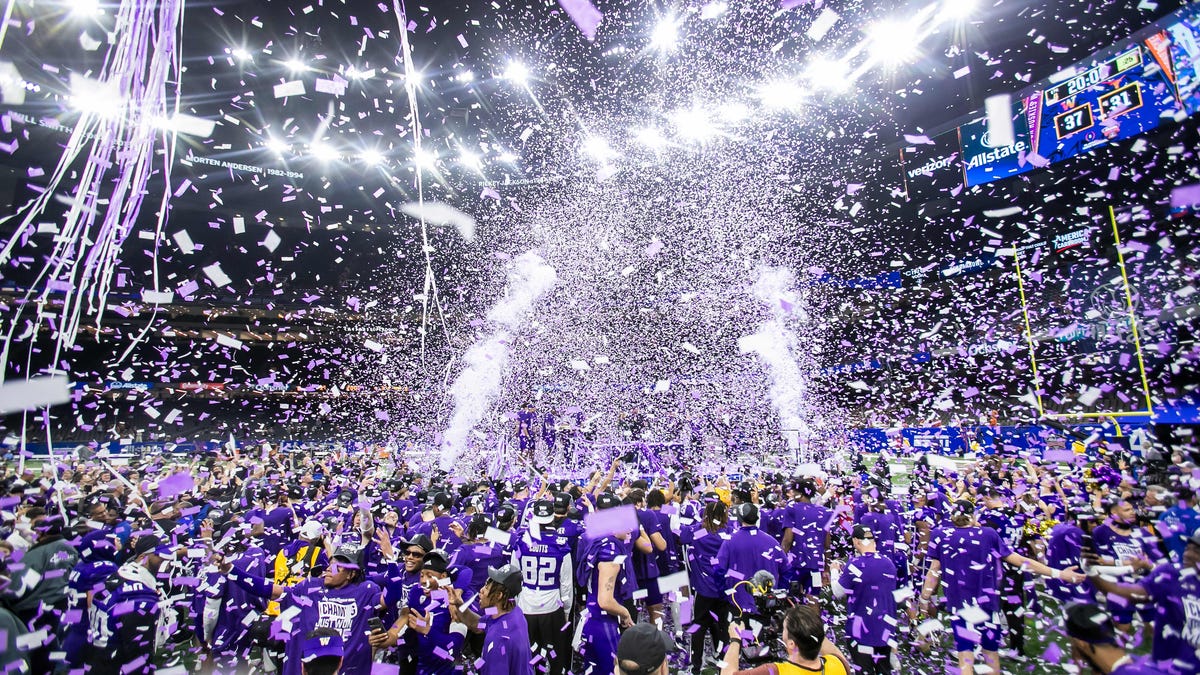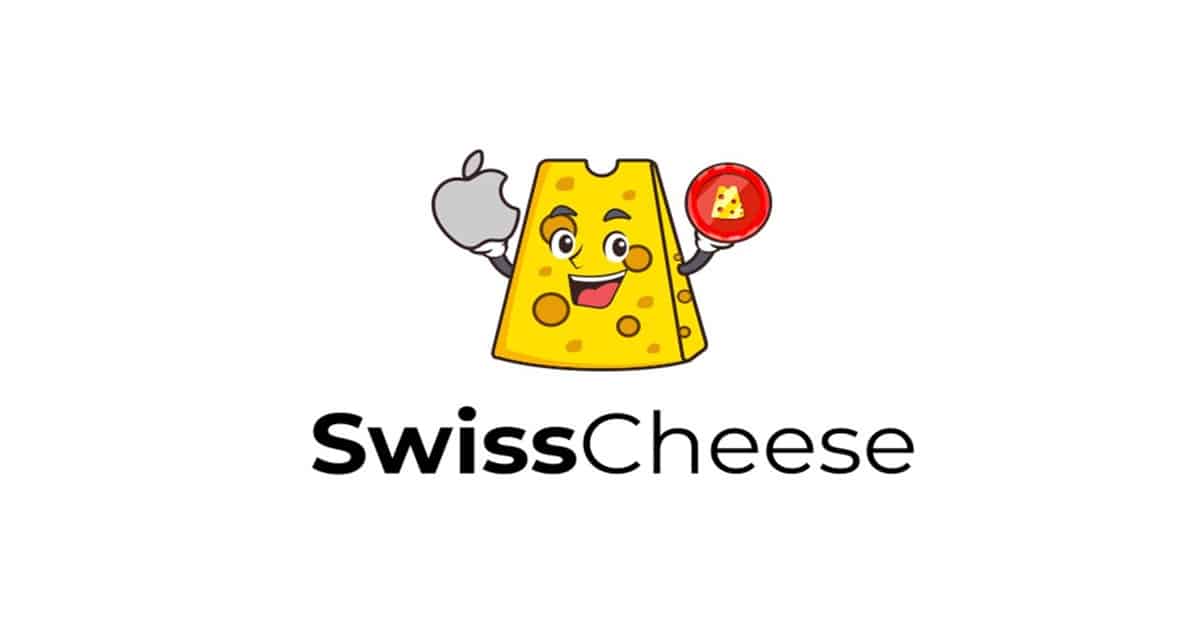Ican’t help flying up on the wings of anticipation. It’s as glorious as soaring through a sunset… almost pays for the thud.” —Lucy Maud Montgomery
Vacations evoke pleasure and anticipation. Readers of a certain vintage may relate to the joyous anticipation of childhood holidays, leaving behind schoolbooks, reuniting with cousins in one’s hometown, and savouring delicacies made by relatives. The joy of a vacation was derived as much from the anticipation of it as from the actual holiday itself.
It was with a sense of anticipation that I took off for what I considered a well-earned one-week vacation to a wellness and health resort in South India. It came with glowing recommendations from close friends and also had a seal of approval from well-known politicians, movie stars and cricketers—who attested to the transformative treatments offered at this idyllic resort. I imagined a healthier, rejuvenated self, and eagerly savoured the experience that lay ahead. The mind envisioned languorous days going through an extensive range of wellness treatments, drawing from ancient natural practices, yoga and meditation techniques, all tailored to revitalize the mind, body and spirit. I also looked forward to spending time in the delightful company of P.G. Wodehouse classics, seven books in all, chronicling the escapades of Bertie Wooster and Jeeves and guaranteed to bring smiles.
In economics, the concept of anticipation as a driver of ‘utility’ dates back to 1905, when William Stanley Jevons put forward the idea that anticipation of a future event can itself contribute to the overall utility derived from consumption. Anticipation in this context refers to value-added pleasure derived from delayed consumption, and results in an “increase in evaluation” or “positive utility”—called the anticipatory effect. This concept holds significance in understanding consumer behaviour and devising effective marketing strategies.
Such anticipation is different from ‘surprise’, which is simply unexpected. Anticipation, however, refers to future situations that people can see as coming, and for which we prepare. In this sense, the two are antithetical. Anticipation can in fact be seen as a strategy to avoid surprises.
Anticipation and expectation, although used interchangeably by marketers, are also distinct concepts. The former entails a deep level of personal engagement and primarily arises in situations aligned with the pursuit of one’s goals. It involves active planning, visualization, anticipatory emotions and preparatory actions. It leads to expectations, which, by themselves, tend to be passive and can be formed under various circumstances.
For instance, you expect an iPhone to be expensive and innovative. Such expectations, a static construct, are often based on previous knowledge and general perceptions. However, anticipation of specific features would typically occur among Apple enthusiasts who follow the brand and eagerly await each new model release. For such fans, anticipation goes beyond the general expectations and involves seeking and analyzing information on what’s new.
Anticipation is also distinct from hope. While hope is a positive emotion that can be invoked even if an event’s probability is low, anticipation carries a broader range of emotional experiences and involves a variety of affects. It is typically linked with situations where the perceived probability of an anticipated outcome is high.
Back to my anticipation of a well-deserved vacation. My expectation of a tranquil space where I would find solace was regrettably dashed. To my surprise and growing frustration, the resort was teeming with some 700-800 individuals, all driven by similar wellness aspirations. Instead of the peaceful retreat I had envisioned, I found myself immersed in a bustling community, where I was no longer a ‘wellness tourist’ or ‘guest’, but rather seen as a ‘patient’ and subjected to a rigorous and tightly scheduled regimen. The days were supposed to begin at 5am, with a series of demanding yogic kriyas and intense sessions. While I understood the intent of the schedule, the communal nature of the exercises left me yearning for a semblance of personal space and solitude. Rather than the tranquillity of the ‘me-time’ I had longed for, each day stretched out as an endurance test, as I was expected to hurry along from one activity to another, with the promise of even more stringent rituals looming ahead. The anticipation effect wore off within 24 hours and I abandoned my wellness quest.
In retrospect, it was a case of a wellness opportunity lost and marketing lessons learnt. Manifestations of anticipation can diverge significantly from the consumer’s expectations, resulting in surprises and dashed hopes. This highlights the importance for marketers and observers of consumer behaviour to fully grasp the effects of anticipation. The likelihood of dissonance is highest when consumer anticipation is heightened. They must then work at bridging anticipation gaps and managing consumer expectations more effectively.
Tulsi Jayakumar is professor, finance & economics and executive director, Centre for Family Business & Entrepreneurship at Bhavan’s SPJIMR. These are the author’s personal views.
Download The Mint News App to get Daily Market Updates.
More
Less
Updated: 16 Jun 2023, 12:28 AM IST
















